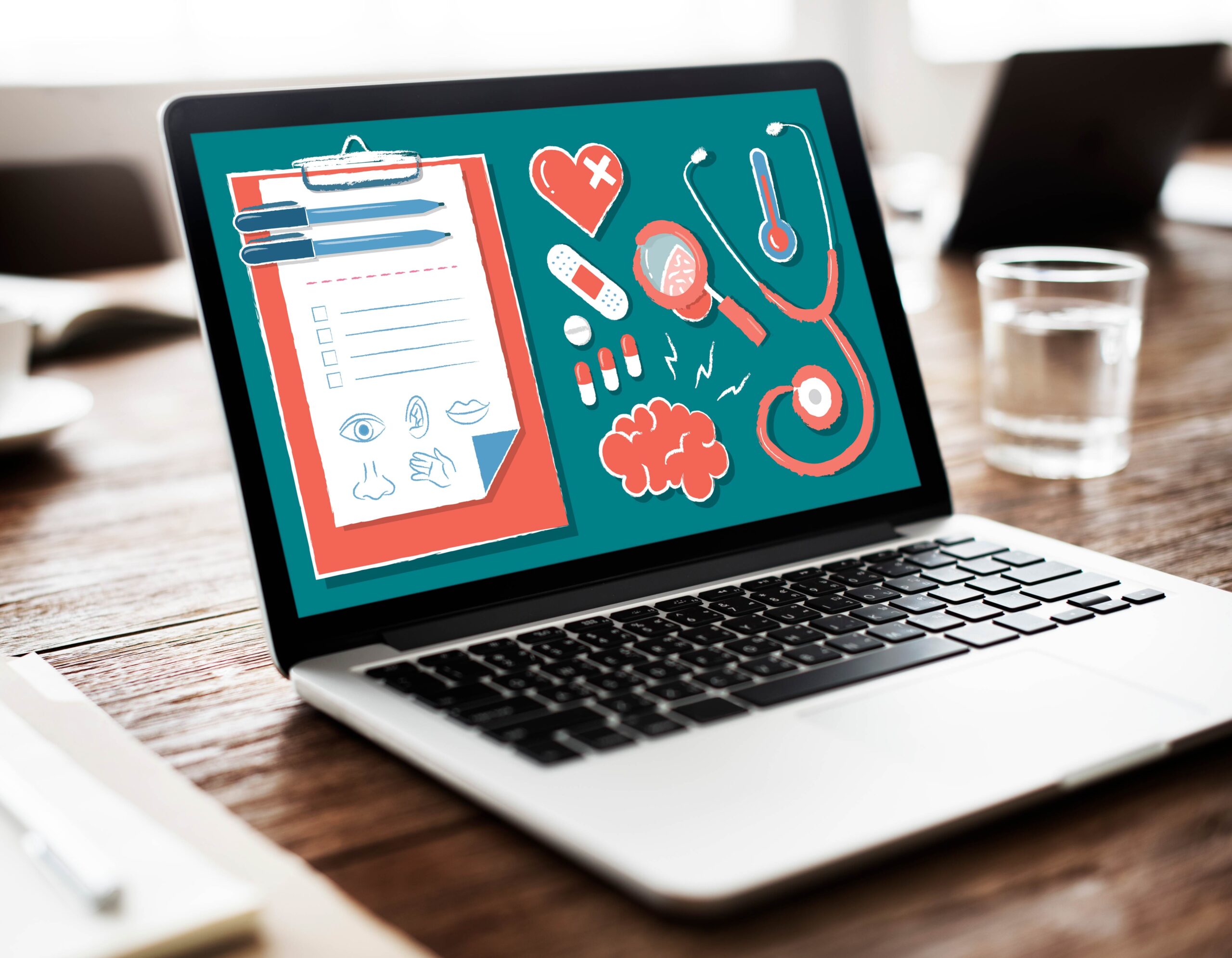Healthcare CRMs have greatly improved healthcare by making it available to a wider range of masses.
Healthcare CRM software helps organizations manage interactions with patients, and maintain a detailed log of patient history and the relevant doctor who has attended to them. As a result, the patient’s complete history is available in the palm with just one click. Revolutionary, isn’t it? In today’s blog, we’ll look at 12 ways why having a healthcare CRM transforms and improves the medicare process.
1. Centralizing Patient Data
If you’re a hospital owner, chances are that most patients visit your hospital for more than one ailment, or they usually encounter a general physician first, who evaluates their case and refers them to a specialist.
The specialist must require a record of the patient’s history from the general physician. Finding that medical record and taking it to the specialist will take time. However, in the case of a healthcare CRM that has a centralized database, patient data can be fetched easily from the portal, eliminating the need to physically find and deliver the relevant data.
2. Improved Care Coordination
If a patient is admitted to the hospital, the first thing they need after a diagnosis is a framework for their treatment. In this case, patient care coordination is extremely important for success.
A healthcare CRM ensures that the patient doesn’t receive the same service from multiple healthcare providers. It clearly outlines the patient’s diagnosis and the relevant practitioners who are treating him for his/her illnesses.
This way, each practitioner who is treating the patient is in the loop, and other practitioners will not be directed to him/her. This provides both the patient and the doctor with clarity about what the next course of action will be.
3. Improved Patient Engagement
A healthcare CRM ensures that the patient is kept in the loop, and well aware of the proceedings of their treatment. The CRM sends out continuous notifications regarding matters such as reminding appointment timings, as well as regular notifications about products and discount offers that are related to their treatment. This improved engagement results in a better patient experience in the healthcare facility.
4. Managing Health for Patient Populations
Having a fair idea about patient populations allows healthcare providers to develop tailor-made programs that target the medical conditions of the specific population.
5. Improving Patient Satisfaction
Surveys in healthcare CRMs serve as a great feature that allows patients to voice the good and bad about their experiences. As a result, healthcare providers can focus on working on the bad aspects of their experiences to further improve their services.
6. Efficient Appointment Management and Scheduling
Healthcare CRMs automate the appointment booking process, scheduling patient appointments on the portal without a need for a person to manually book those appointments. The tool searches and shows the available slots on the practitioner’s calendar, making it easy for the patient to choose a suitable time.
7. Payment Gateways for Secure Payment
Healthcare CRMs also provide secure payment gateways which contribute to online transactions for the services availed by a patient.
8. Task Automation
The automation of tasks such as appointment booking and sending reminders results in staff being free to do other important tasks which can contribute to improving the quality of services.
9. Reducing Administrative Costs
A healthcare CRM reduces administrative costs by automating tasks, which cancels doubling, reduces costly human errors, and decreases the cost of administrative logistics. As a result, the business encounters fewer expenses which leads to improved profitability for the business.
10. Improved Marketing and Outreach
Because healthcare CRMs have a centralized database for customer information, the CRM can leverage this data to identify persisting health issues for each patient. Based on this information, the CRM can target the relevant marketing campaigns and health programs to these patients, leading to more subscriptions and improved attendance for seminars.
For example, based on the patient’s history of diabetes-related consultations, the CRM can identify that a patient is diabetic. And, by leveraging AI, it can target a diabetes-related wellness program to the patient.
11. Peace of Mind
Knowing that your patient data is available in a computerized database that can be accessed from anywhere by the relevant stakeholders provides you with peace of mind, compared to if that data was stored in a warehouse in the form of files, which could have been subject to natural calamities or fires.
12. Analytics and Reporting
A healthcare CRM can easily simplify insights into detailed reports, which allows representatives to showcase information to stakeholders in the right manner. As a result, stakeholders have clear-cut information about what is going on in the business without the need to put large hours into manually preparing reports.
So, these are the 12 amazing benefits of having a healthcare CRM for your business. Now, let’s recap what we learned throughout the blog.
The Takeaways
CRM software for healthcare has revolutionized the way healthcare providers provide services to their patients. They centralize patient data, which allows easier access to patient data for physicians and specialists.
A healthcare CRM also provides improved care coordination, which ensures that patients aren’t provided with double services.
The CRM also provides information about the patient population which allows healthcare providers to engineer healthcare programs that target each segment of the population.
Furthermore, a healthcare CRM also provides the patients with surveys that they can fill out to provide a view of the quality of the services provided.
